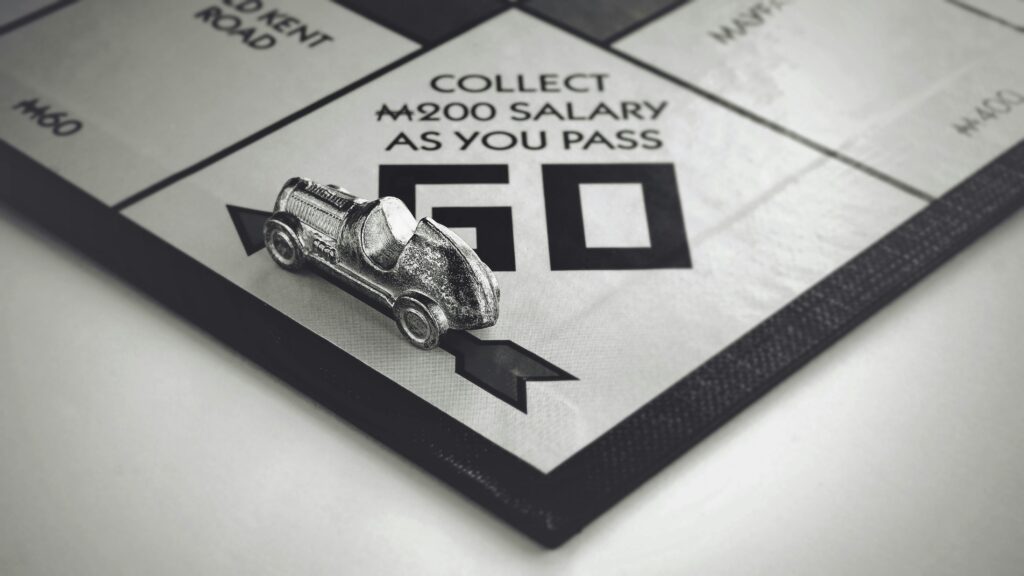
Some people hear the term “estate plan” and assume it is reserved for the ultra wealthy. I assure you, that is not the case! Anyone over the age of 18 should consider making an estate plan. Your “estate” simply refers to your possessions – the money in your bank account, your car, your personal possessions – all comprise your estate.
There Are Three Ways To Die
No matter where you live in the United States, there are essentially three ways to die:
Intestate:
This simply means you never made a will or a trust, and you rely on the laws of the state to dictate how your assets will be distributed and who will be in charge of your estate when you die. These may not be the people you would have chosen.
Make a Will
Most people have heard of a will and understand its basic function. Your will takes no effect until you die, and it simply allows you to choose how your assets are distributed and who is in charge of this. Contrary to popular belief, a will does not avoid probate. Your will must be filed with the probate court before any assets can be distributed. Thus, your estate will be open to creditor claims and beneficiary challenges.
Create a Living Trust
A living trust is like a treasure chest that you build during your lifetime and fill up with your own assets. You put a lock on the chest and you hold the key. During your lifetime, you can go in the treasure chest and take assets out, put new assets in, and utilize the assets any way you want. You also give a spare key to someone else, who can step up and manage your assets if you become incapacitated, or when you pass away. Unlike the other two ways, dying with a trust creates a private and seamless way to pass on your estate and avoids probate, if it is set up correctly.
Incapacity
When you are a child, all of that property really belongs to your parents or guardians. In addition, your parents or guardians make financial and healthcare decisions for you. But once you are an adult they are legally unable to handle your affairs without your explicit permission. Adults who are no longer able to handle their finances or make healthcare decisions for themselves are set up for “living probate,” which refers to a guardianship or conservatorship. However, creating Powers of Attorney, one for finances and general property, and one for healthcare, appoints someone to make these decisions in the event you cannot, thus, avoiding the living probate situation.
Life is unpredictable, and wonderful things (such as winning the lottery or selling a book and making millions) or terrible things (such as accidents or illness) are bound to happen. So, the answer is yes – you most definitely need an estate plan.




